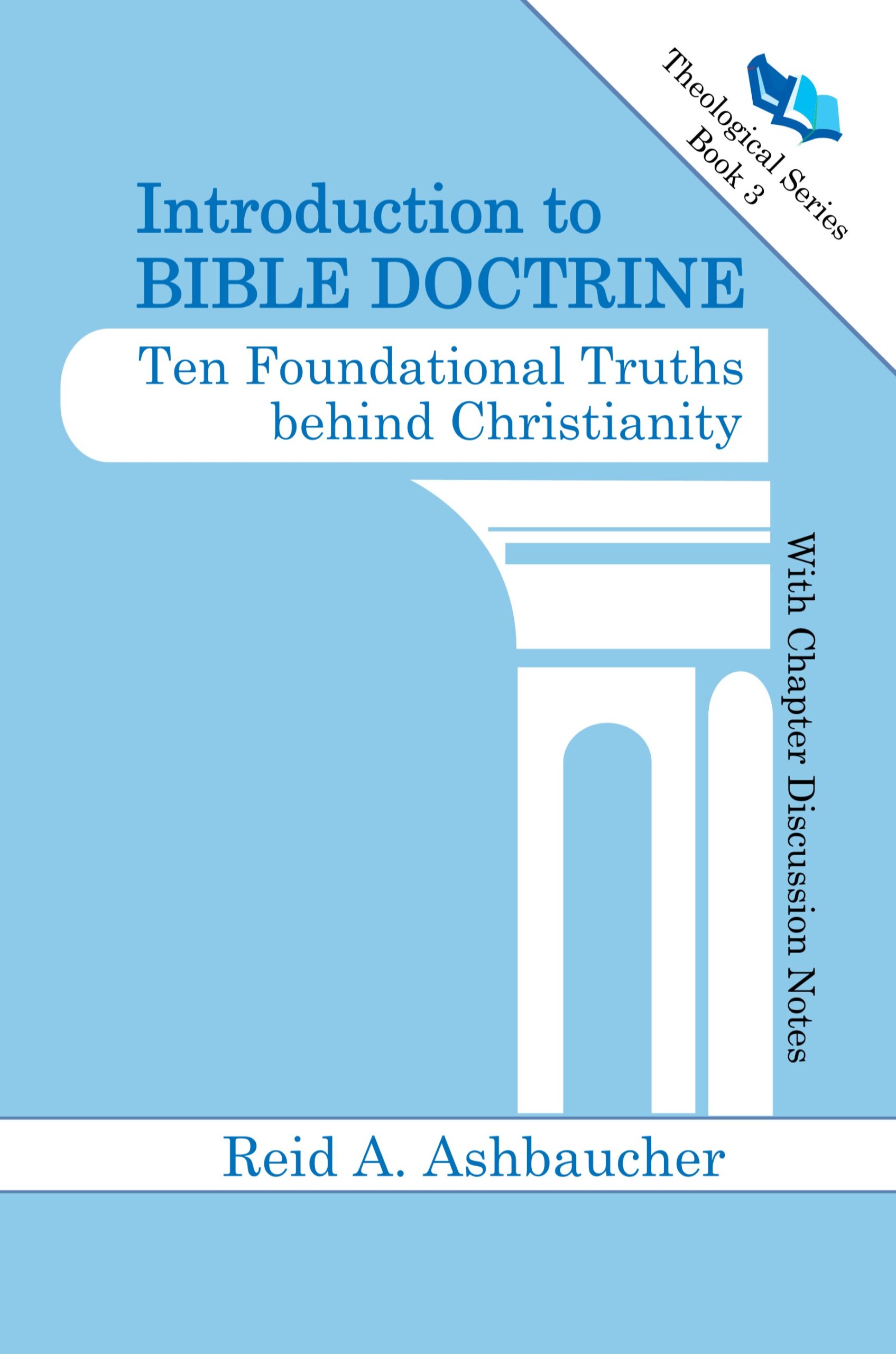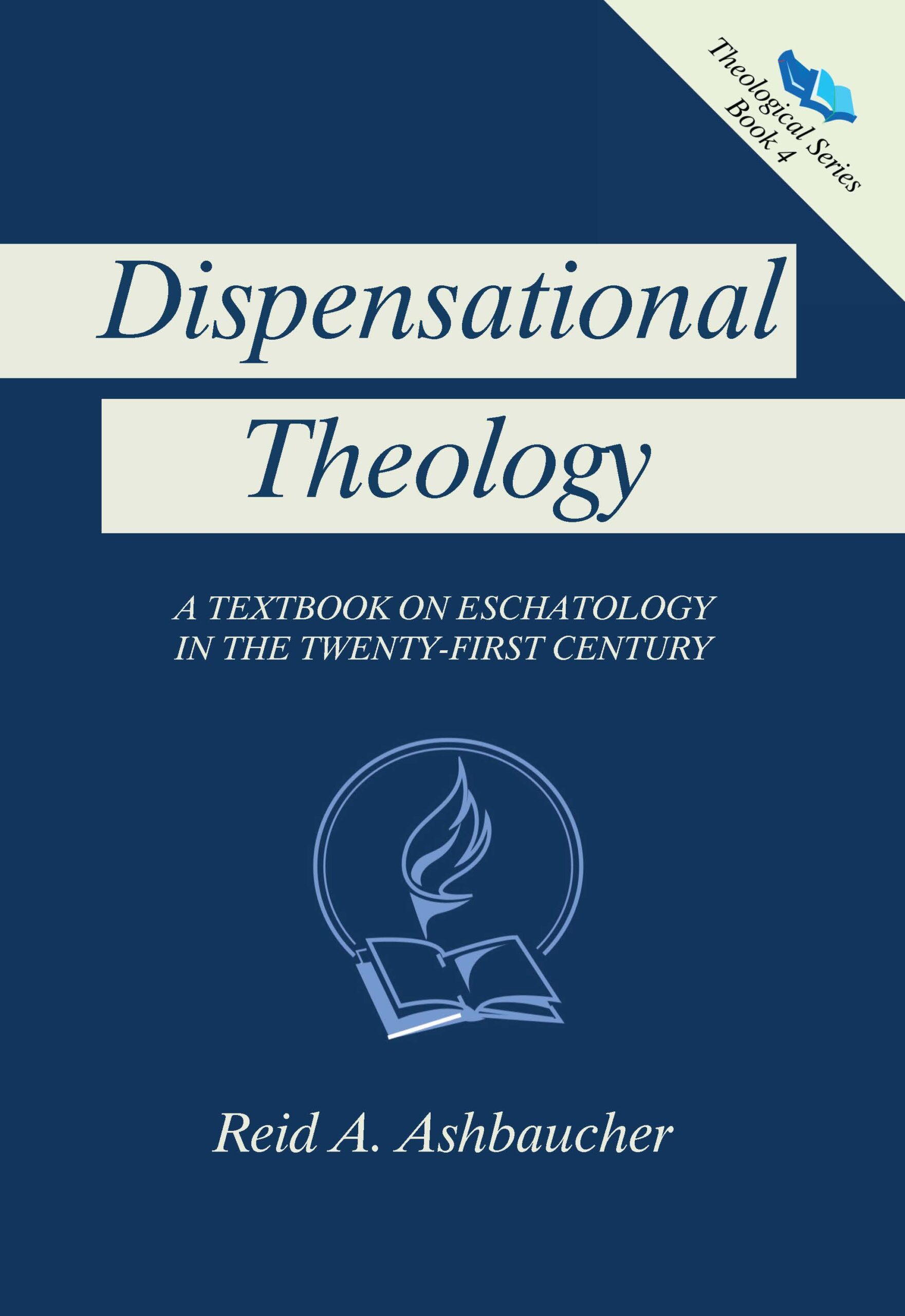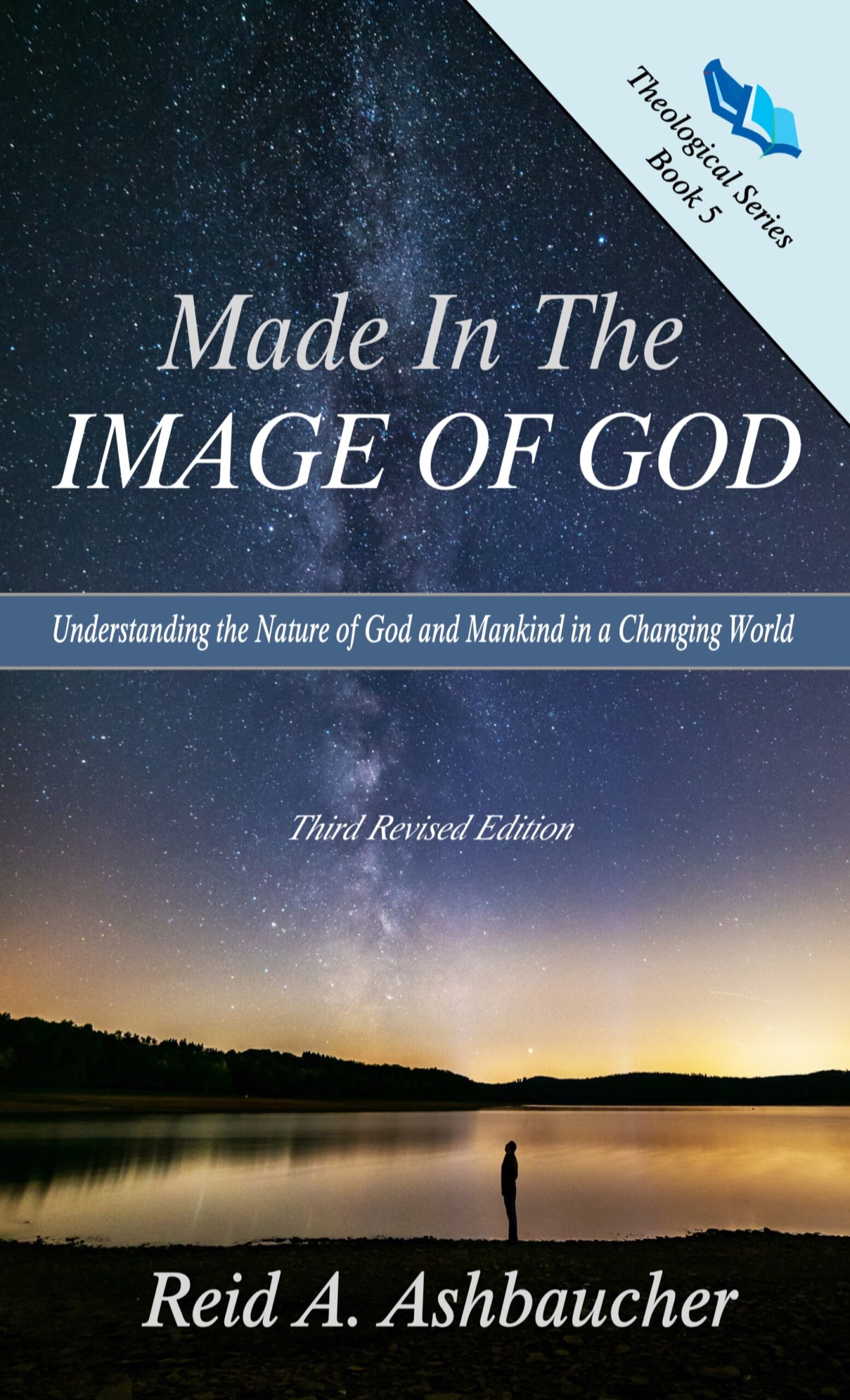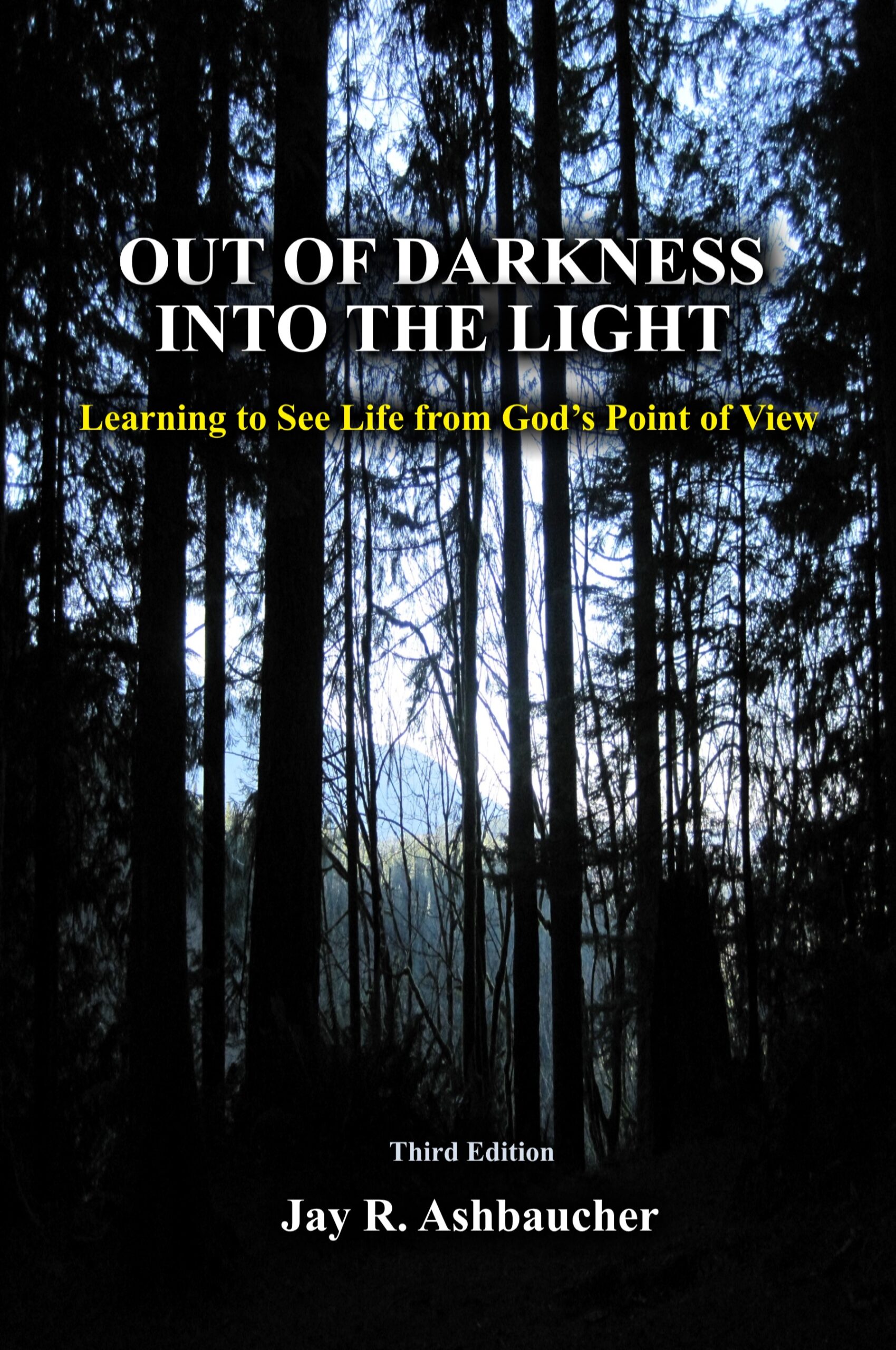Eternal State – Eternal State is a theologicalAny person or subject that relates or is tied to the Study of God is considered theological. Example: A "theological student" is a person that studies the subject matter of God. A theological viewpoint is an opinion about God based on a persons interpretation of the Scriptures or Bible. term and is not found in the ScripturesThe Scriptures, as spoken of on this site, represents the 66 books found in the Protestant Bible, with 39 books in the Old Testament and 27 books found in the New Testament. It is our view that these books were written between 1446 BC and 96 AD, representing a time span of about 1,500 years, by the ... as a word phrase. This theologicalAny person or subject that relates or is tied to the Study of God is considered theological. Example: A "theological student" is a person that studies the subject matter of God. A theological viewpoint is an opinion about God based on a persons interpretation of the Scriptures or Bible. term is used as a subject matter to explain the final destination of man’s soul in light of eternity. To understand this concept one must understand the doctrineBible doctrine is any subject within the Bible that is taught as a principle, law or commandment. Some would hold that the wisdom advice given in the book of Psalms and Proverbs could be classified as doctrine as well, because of the many principle concepts that can be applied to everyday life. of Man, Heaven, Hell, and Eschatology.
Man – In Gen. 3 we read of God’s creation of man and the first mention of the concept of time in reference to eternity. In Genesis 3:22-24 we read: “Then the LORD God said, “Behold, the man has become like one of Us, knowing good and evil; and now, lest he stretch out his hand, and take also from the “tree of life”, and eat, and live forever–therefore the LORD God sent him out from the garden of Eden, to cultivate the ground from which he was taken. So He drove the man out; and at the east of the garden of Eden He stationed the cherubim, and the flaming sword which turned every direction, to guard the way to the tree of life.” (NASBNASB stands for "New American Standard" version of the Bible. The NASB was produced through the Lockman Foundation in 1960 and its translation is based on the Hebrew text and the Alexandrian Text type of the Greek New Testament, with NT copies dating as early as the second century A.D.)
In light of God’s time, if man were to eat of “tree of life,” man would have lived in his present state forever. At that point in time, what was that state? Man was a living being in human body form, and under the penalty of death, for we also read in Genesis 2:15-1715 Then the Lord God took the man and put him into the garden of Eden to cultivate it and keep it. 16 And the Lord God commanded the man, saying, "From any tree of the garden you may eat freely; 17 but from the tree of the knowledge of good and evil you shall not eat, for in the day that you eat fro...: “And the LORD God commanded the man, saying, From any tree of the garden you may eat freely; but from the tree of the knowledge of good and evil you shall not eat, for in the day that you eat from it you shall surely die.” (NASBNASB stands for "New American Standard" version of the Bible. The NASB was produced through the Lockman Foundation in 1960 and its translation is based on the Hebrew text and the Alexandrian Text type of the Greek New Testament, with NT copies dating as early as the second century A.D.) If man ate of the tree of “tree of life” man would have had eternal life in a world under a curse from God. Thus, God spared man by allowing man to die physically. However, the ScripturesThe Scriptures, as spoken of on this site, represents the 66 books found in the Protestant Bible, with 39 books in the Old Testament and 27 books found in the New Testament. It is our view that these books were written between 1446 BC and 96 AD, representing a time span of about 1,500 years, by the ... also teach that man was also spiritually dead to God, and after physical death man would end up dying a second death, seen also as an eternal state. (See: Revelation 20:13-15).
Heaven – Heaven is spoken of in terms of a resting place for those that have believed and place faith in the Lord Jesus ChristJesus Christ is the Son of the creator God, sharing in the same nature as God the Father and God the Holy Spirit. As Jesus says, "I and the Father are one." (John 10:30; NASB) (John 14:6Jesus said to him, "I am the way, and the truth, and the life; no one comes to the Father, but through Me. (NASB)), and is seen as temporary until the time of our eternal state. Acts 3:19-21: “Repent therefore and return, that your sins may be wiped away, in order that times of refreshing may come from the presence of the Lord; and that He may send Jesus, the Christ appointed for you, whom heaven must receive until the period of restoration of all things about which God spoke by the mouth of His holy prophets from ancient time.” (NASBNASB stands for "New American Standard" version of the Bible. The NASB was produced through the Lockman Foundation in 1960 and its translation is based on the Hebrew text and the Alexandrian Text type of the Greek New Testament, with NT copies dating as early as the second century A.D.)
Hell – The Scripture teaches that hell is a real place as we read in Matthew 10:27-28: “And do not fear those who kill the body, but are unable to kill the soul; but rather fear Him who is able to destroy both soul and body in hell.” (NASBNASB stands for "New American Standard" version of the Bible. The NASB was produced through the Lockman Foundation in 1960 and its translation is based on the Hebrew text and the Alexandrian Text type of the Greek New Testament, with NT copies dating as early as the second century A.D.) And in 2 Peter 2:4 we read: “or if God did not spare angels when they sinned, but cast them into hell and committed them to pits of darkness, reserved for judgment.” (NASBNASB stands for "New American Standard" version of the Bible. The NASB was produced through the Lockman Foundation in 1960 and its translation is based on the Hebrew text and the Alexandrian Text type of the Greek New Testament, with NT copies dating as early as the second century A.D.) This place is also a temporary place.
Based on the ScripturesThe Scriptures, as spoken of on this site, represents the 66 books found in the Protestant Bible, with 39 books in the Old Testament and 27 books found in the New Testament. It is our view that these books were written between 1446 BC and 96 AD, representing a time span of about 1,500 years, by the ... the Eternal State is defined in light of spiritual life and death. Revelation 20:13-15 says: “And the sea gave up the dead which were in it, and death and Hades gave up the dead which were in them; and they were judged, every one of them according to their deeds. And death and Hades were thrown into the lake of fire. This is the second death, the lake of fire. And if anyone’s name was not found written in the book of life, he was thrown into the lake of fire.” (NASBNASB stands for "New American Standard" version of the Bible. The NASB was produced through the Lockman Foundation in 1960 and its translation is based on the Hebrew text and the Alexandrian Text type of the Greek New Testament, with NT copies dating as early as the second century A.D.) This is what the ScripturesThe Scriptures, as spoken of on this site, represents the 66 books found in the Protestant Bible, with 39 books in the Old Testament and 27 books found in the New Testament. It is our view that these books were written between 1446 BC and 96 AD, representing a time span of about 1,500 years, by the ... refer to as the second death, and is the final eternal state for those without faith in the work of Jesus ChristJesus Christ is the Son of the creator God, sharing in the same nature as God the Father and God the Holy Spirit. As Jesus says, "I and the Father are one." (John 10:30; NASB). (See: John 3:36, John 5:24, John 8:51Truly, truly, I say to you, if anyone keeps My word he shall never see death. (NASB), John 11:25-26).
Eschatology – is the study of “Last Things” to come. In light of this doctrineBible doctrine is any subject within the Bible that is taught as a principle, law or commandment. Some would hold that the wisdom advice given in the book of Psalms and Proverbs could be classified as doctrine as well, because of the many principle concepts that can be applied to everyday life., the “Eternal State” is defined in Revelation Chapter 21. Revelation is the last book of the Bible and gives details of the last moments in time for man before God ends the age of sin and ushers in the Eternal State of man. Chapters 21 and 22 illustrate the final destination of man’s “Eternal State,” either with God in the New Heaven and New Earth or separated from God in the Lake of Fire.










